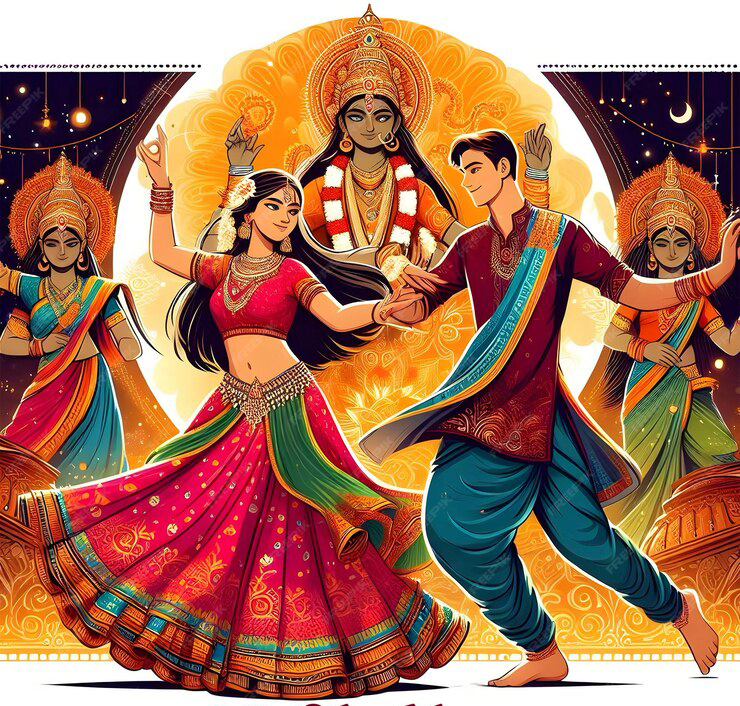
About This Service
Rs. 500000 and Above
Festival events vary widely depending on the type of festival and the region, but they share common elements of festivity, entertainment, and cultural expression.
Types of Festivals:
Cultural Festivals: These festivals celebrate the customs, traditions, and heritage of a specific culture or community. Examples include Chinese New Year festivals, Diwali celebrations, and Mardi Gras. Cultural festivals often feature traditional music, dance, food, art, and performances that showcase the history and practices of the culture being celebrated.
Music Festivals: These festivals focus primarily on live music performances, featuring a wide range of genres from rock and pop to electronic and classical. Music festivals like Coachella, Glastonbury, and Tomorrowland attract large crowds for multi-day events with performances by top artists, DJs, and bands.
Food Festivals: Celebrating culinary traditions, food festivals offer attendees the chance to sample and enjoy local and international cuisines. These festivals often feature food trucks, local vendors, cooking demonstrations, and tastings, such as the Taste of Chicago or Oktoberfest in Germany.
Film Festivals: Film festivals, like Sundance or Cannes, showcase independent films, documentaries, and artistic cinema. These festivals often attract filmmakers, actors, critics, and fans who come together to celebrate the art of film and highlight new talent and innovative storytelling.
Art Festivals: Art festivals celebrate various forms of art, including visual arts, sculptures, installations, performances, and digital art. These festivals may involve gallery exhibitions, artist talks, workshops, and live art demonstrations, and they are often designed to engage both artists and attendees in the creative process.
Seasonal Festivals: Some festivals are based on the changing of seasons, such as harvest festivals in autumn or winter solstice celebrations. These festivals mark important times of the year and often include rituals, outdoor activities, and seasonal foods.
Activities & Entertainment: Festival events are known for their wide range of activities and entertainment options. These can include live performances (music, dance, theater), street parades, workshops, games, contests, interactive installations, and more. Depending on the theme, festivals can also feature hands-on activities, such as arts and crafts, cooking classes, or educational talks.
Live Performances & Shows: Many festivals feature performances by artists, musicians, dancers, actors, and other entertainers. These performances might take place on stages, in open-air spaces, or even in more unconventional venues. Live music concerts, theater productions, dance performances, and cultural demonstrations are key highlights of many festival events.
Food & Beverage:Food plays an integral role in many festival events. Vendors, food trucks, and booths offer a variety of local, traditional, or exotic dishes that reflect the festival’s theme. For example, a Mexican festival might feature tacos, tamales, and other traditional foods, while a harvest festival might highlight fresh produce, pies, and regional delicacies.
Decor & Atmosphere: The visual elements of a festival are essential to creating the celebratory atmosphere. Colorful decorations, themed displays, and lighting help transform the festival space. Whether it’s a series of elaborate floats in a parade or a grand stage setup for a concert, the decor adds to the immersive experience and contributes to the overall mood of the event.
Community Involvement: Festivals often foster a sense of community and inclusivity. Local residents, businesses, and organizations may actively participate by contributing their time, talent, or resources. Community festivals, in particular, bring together people of all ages and backgrounds, offering opportunities for collaboration and shared experiences.
Family-Friendly Activities: Many festivals are family-oriented and feature activities suitable for children, such as games, rides, face painting, storytelling, and puppet shows. These activities ensure that the entire family can participate in the festivities, creating lasting memories for all ages.
Cultural Performances & Traditions: Festivals often include cultural rituals, parades, dances, and ceremonies that celebrate important aspects of heritage or history. For example, a cultural festival might feature traditional folk dances, drumming circles, or ceremonial dress and customs. These performances are an integral part of preserving cultural identity and passing it down to future generations.
Sustainability & Eco-friendly Practices: Many modern festivals are increasingly focused on sustainability, minimizing waste, and promoting eco-friendly practices. Organizers may encourage the use of reusable cups, sustainable food packaging, or environmentally conscious transportation options. Some festivals also focus on educating attendees about environmental issues through interactive exhibits or sustainability workshops.
Ticketing & Admission: While many festivals are free, some may require tickets for entry or specific activities, such as VIP access to performances, exclusive events, or food and beverage packages. Ticket prices can vary depending on the scale of the festival and the level of access offered. Online platforms often offer ticket sales, and some festivals may even feature early-bird discounts or group packages.
Local Economic Impact: Festivals can have a significant economic impact on the local community. They often attract tourism, boost local businesses, and provide a platform for artists, performers, and vendors. Many local festivals are a source of pride and cultural pride for the host city or region.